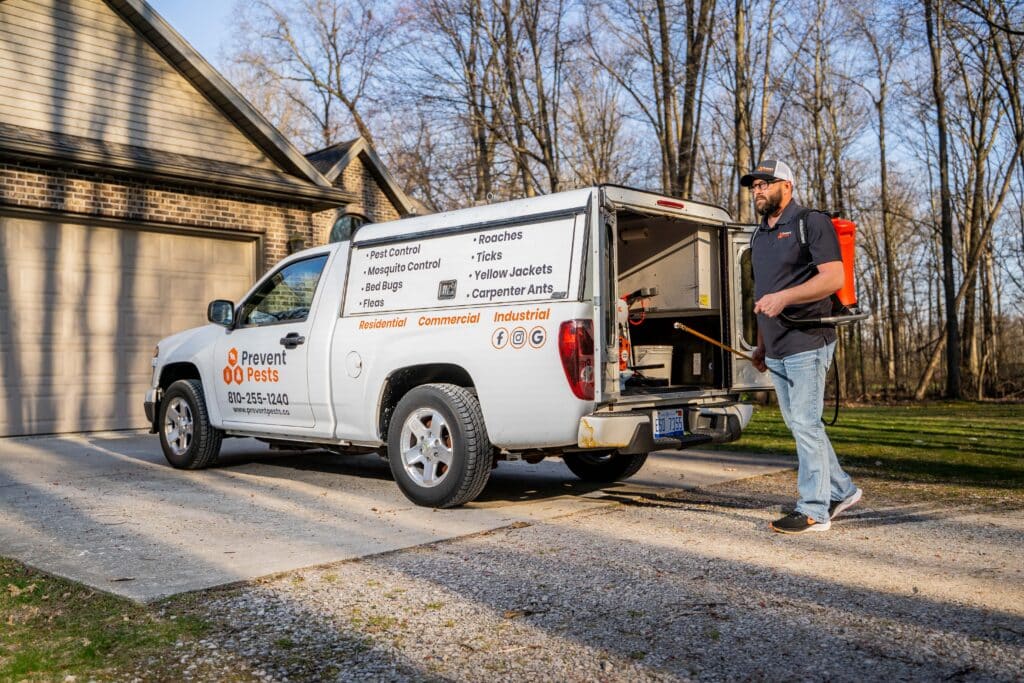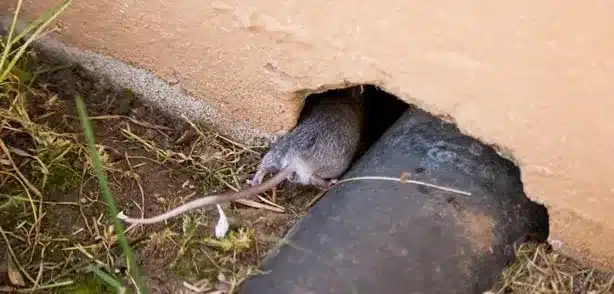Rodents don’t rest. They look for food, water, and shelter every day. If you let your guard down, they find a way in. That’s why your rodent-proofing plan needs to work all the time.
Here’s how you can keep rodents out, protect your space, and avoid the stress and damage these pests bring.

Why Rodents Are Always a Threat
Rodents are persistent. They squeeze through tiny gaps, climb, chew, and adapt to almost any environment. Mice can fit through holes as small as a dime. Rats can chew through wood, plastic, and even some metals. If there’s a way in, they’ll find it.
Rodents also multiply quickly. A single pair of mice can produce dozens of offspring in a year. That’s why a small problem can turn into a major infestation fast. And it’s not just about numbers. Rodents cause property damage, contaminate food, and spread disease. They chew wires, which can start fires. Their droppings and urine can trigger allergies and asthma.
Signs Rodents Are Active
Rodents leave clues. If you notice any of these, act right away:
- Small, dark droppings along walls or in cupboards
- Gnaw marks on food packaging, wires, or wood
- Scratching or squeaking sounds, especially at night
- Nests made from shredded paper, fabric, or insulation
- Grease marks or tracks along walls and baseboards
Spotting these signs early makes it easier to stop rodents before they get out of hand.
Make Your Space Unattractive to Rodents
Rodents want food, water, and shelter. Take those away, and you won’t have to worry about dealing with a mouse infestation.
Start with these steps:
- Keep your home clean. Wipe up crumbs and spills right away. Store food, including pet food, in sealed containers. Don’t leave dirty dishes in the sink overnight. Take out the trash regularly and use bins with tight lids.
- Declutter. Rodents love hiding in piles of paper, cardboard, or fabric. Keep storage areas tidy. Don’t let clutter build up in basements, attics, or garages.
- Manage outdoor spaces. Trim plants and shrubs away from your home’s walls. Clear leaves, woodpiles, and debris where rodents might hide or nest. Store firewood at least 20 feet from your house.
By making your home less inviting, you reduce the risk of rodents settling in.
Seal Every Possible Entry Point
Rodents get in through the smallest openings. Inspect your home carefully, inside and out. Common entry points include:
- Gaps around doors and windows
- Holes in walls or floors
- Spaces around pipes, cables, and vents
- Cracks in the foundation
Use strong materials to seal these gaps. Steel wool works well for small holes-rodents can’t chew through it. For larger gaps, use caulk, concrete, or metal mesh. Check these spots regularly, as weather and wear can reopen old entry points.
Regular Inspections: Don’t Wait for a Problem
Waiting until you see a rodent is too late. Regular inspections help you catch problems early. Look for droppings, gnaw marks, and nests in hidden areas-behind appliances, in closets, or under sinks.
Check outside too. Walk around your home and look for new cracks, holes, or signs of digging near the foundation. Pay attention to sheds, garages, and crawl spaces. The sooner you spot a problem, the easier it is to fix.
Professional Help: When to Call the Experts
Sometimes, prevention and DIY steps aren’t enough. If you keep seeing signs of rodents, or if the problem is widespread, it’s time to get professional help.
Pest control experts bring several advantages:
- They know where rodents hide and how they get in.
- They use advanced tools and techniques, like monitoring stations and industrial-grade traps.
- They offer safe, targeted treatments that protect your home and family.
- They provide ongoing support, with follow-up visits and advice to keep your home rodent-free.
A professional inspection can reveal hidden problems and help you build a prevention plan that works for your space.
Keep Prevention Going All Year
Rodent prevention isn’t a one-time job. It needs regular attention, especially as seasons change. Rodents often move indoors in fall and winter, looking for warmth and food.
Here’s how to keep your plan working:
- Inspect your home every few months, inside and out.
- Reseal entry points as needed. Weather and wear can open new gaps.
- Adjust your habits as needed. For example, store outdoor cushions or grills inside during colder months.
- Educate everyone in your household about what attracts rodents and how to avoid it.
- Schedule periodic check-ins with pest control professionals for expert advice and support.
Consistency is key. If you keep up with these steps, you’ll make your home a tough place for rodents to invade.
Don’t Let Your Guard Down
Rodents never stop looking for a way in. Your prevention plan shouldn’t stop, either. By staying alert, keeping your space clean, sealing entry points, and acting quickly when you see signs of trouble, you can keep rodents out for good.
If you need help, don’t wait. Professional pest control can make a big difference, especially for stubborn or recurring problems.

